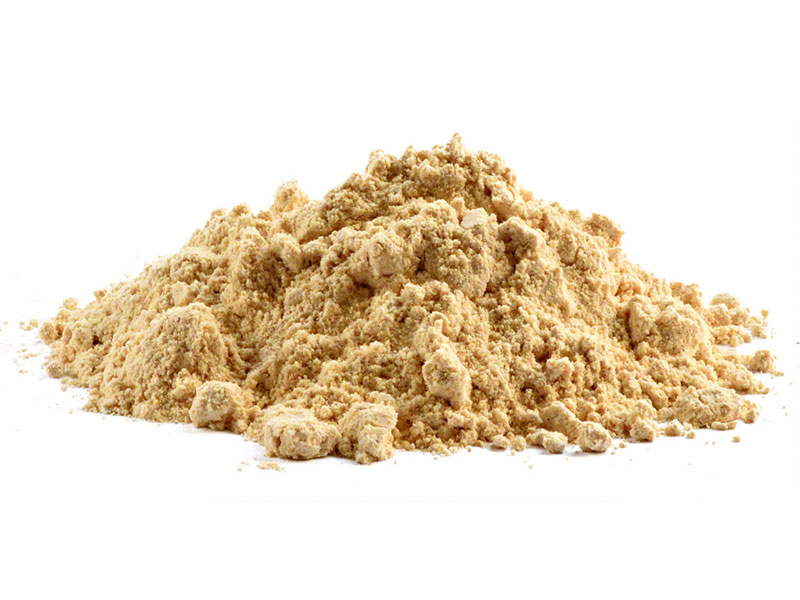Table of Contents
Organic inulin is a type of soluble fiber that comes from plants, especially chicory root. It is a prebiotic, which means that it feeds the beneficial bacteria in your gut. These bacteria can then produce short-chain fatty acids that nourish the cells of your colon and support your digestive health.
Benefits of Organic Inulin
Some of the potential benefits of organic inulin as a prebiotic are:
- Improving the balance of gut bacteria and reducing harmful bacteria
- Relieving constipation by increasing stool frequency and softness
- Enhancing mineral absorption, especially calcium and magnesium, and promoting bone health
- Regulating blood sugar levels and insulin sensitivity by lowering post-meal glucose and insulin spikes
- Suppressing appetite and promoting weight loss by increasing feelings of fullness and reducing calorie intake
How to Use Organic Inulin
Organic inulin powder is a convenient way to add more prebiotic fiber to your diet. You can mix it with water, juice, smoothies, yogurt, or any other food or drink. It has little impact on taste or texture, and is 100% natural. You can also find organic inulin in some supplements, protein bars, cereals, baked goods, and desserts.
The recommended dose of organic inulin varies depending on your health goals and tolerance. Generally, 2 to 3 grams per day is a good starting point, and you can gradually increase it up to 10 grams or more if needed. However, you should consult your healthcare provider before taking any supplements, especially if you have any medical conditions or allergies.
Side Effects of Organic Inulin
Some possible side effects of organic inulin are:
- Bloating, gas, cramps, diarrhea, or constipation, especially if you take too much or increase the dose too quickly
- Allergic reactions, such as hives, rash, itching, swelling, or difficulty breathing, especially if you are allergic to ragweed or other plants in the same family as chicory
- Interactions with some medications, such as antibiotics, anticoagulants, or diabetes drugs
To avoid these side effects, you should start with a low dose of organic inulin and increase it gradually over time. You should also drink plenty of water to help your body adjust to the increased fiber intake. If you experience any severe or persistent symptoms, you should stop taking organic inulin and seek medical attention.

